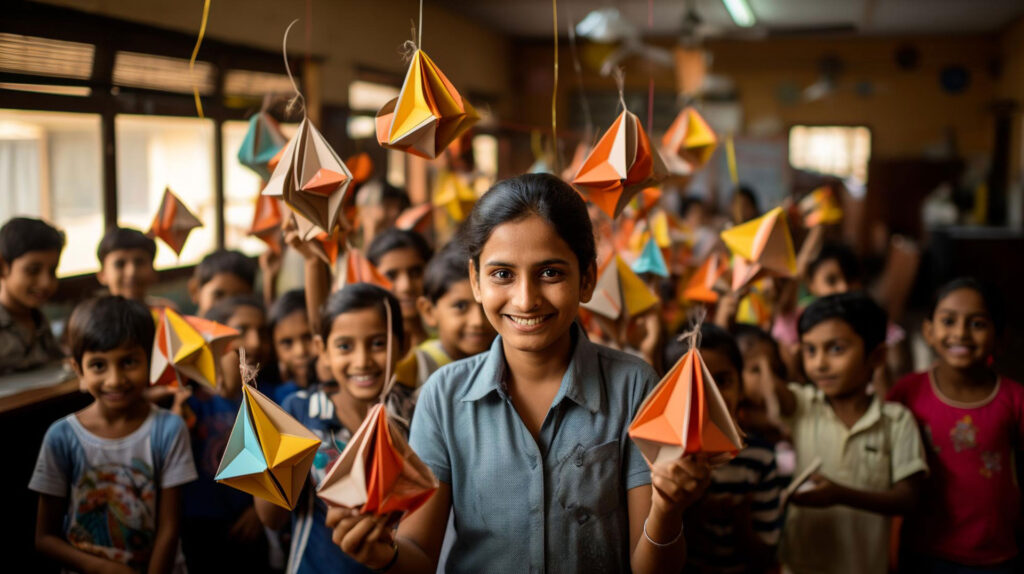
The Rise Of Unschooling: Exploring Alternative Education In India
Introduction:
In recent years, there has been a notable shift in the landscape of education in India, with an increasing number of families choosing alternative approaches such as unschooling for their children’s learning journey. Unschooling, a philosophy that emphasizes self-directed learning and exploration, is gaining momentum as parents seek alternatives to the traditional schooling system. In this blog post, we’ll delve into the rise of unschooling in India, exploring its principles, benefits, challenges, and the growing community of unschooling families.
1. Understanding Unschooling:
At its core, unschooling is about trusting children to learn naturally through their interests, experiences, and interactions with the world around them. Unlike traditional schooling, which follows a structured curriculum and standardized assessments, unschooling allows children the freedom to pursue their passions and curiosity, guiding their own learning journey. This approach recognizes that learning is not confined to the four walls of a classroom but extends to every aspect of life.
2. Benefits of Unschooling:
One of the key benefits of unschooling is the personalized nature of learning. By tailoring education to individual interests and learning styles, unschooling fosters a deeper sense of engagement and motivation in children. It also promotes critical thinking, creativity, and problem-solving skills as children explore topics that genuinely interest them. Furthermore, unschooling encourages a lifelong love for learning, empowering children to take ownership of their education and pursue their aspirations with confidence.
3. Challenges and Misconceptions:
While unschooling offers numerous benefits, it also comes with its own set of challenges and misconceptions. Some critics argue that unschooled children may lack essential academic skills or struggle to adapt to traditional educational settings. Others question the role of parents in facilitating learning without a formal curriculum. However, proponents of unschooling argue that children naturally acquire academic knowledge through real-life experiences and that parental support and guidance are essential for fostering a rich learning environment.
4. The Growing Community of Unschooling Families:
Despite the challenges, the unschooling movement in India is steadily growing, fueled by a vibrant community of like-minded families and educators. Online forums, social media groups, and local meetups provide opportunities for unschooling families to connect, share resources, and exchange ideas. Additionally, organizations and alternative learning centers are emerging to support families interested in unschooling, offering workshops, mentorship programs, and educational resources.
Conclusion:
As more parents explore alternative approaches to education, unschooling is emerging as a compelling option for families seeking a more flexible, child-centered approach to learning. By embracing the principles of self-directed education, unschooling empowers children to discover their passions, cultivate their unique talents, and thrive in an ever-changing world. While the path of unschooling may not be without its challenges, the growing community of unschooling families in India is testament to the transformative power of this alternative educational philosophy.
